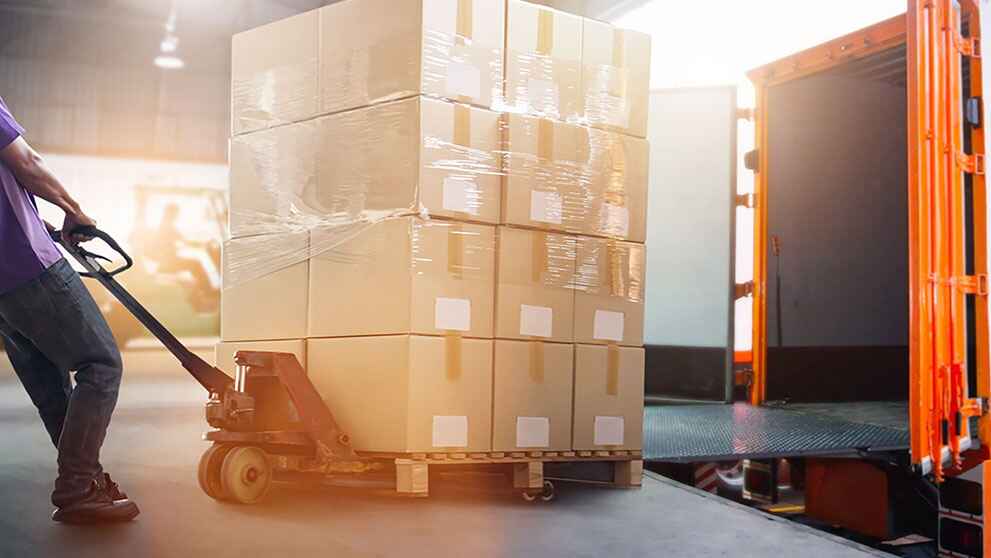Importing goods can be an excellent way to access the products you need. However, navigating the complexities of duties and taxes when bringing goods into South Africa can significantly impact your financial outcomes. For businesses aiming to enhance profitability, understanding how to minimize these costs is crucial.
Here are some expert tips for businesses and individuals importing goods into South Africa:
- Utilize Trade Agreements South Africa is part of several trade agreements, such as those with the SADC (Southern African Development Community) and SACU (Southern African Customs Union). Importing from member countries can lead to reduced or even eliminated customs duties on specific goods. Familiarize yourself with the products covered by each agreement to maximize your savings.
- Accurate Goods Classification The South African Revenue Service (SARS) employs a tariff code system to classify imported goods. Your goods' tariff code determines the applicable duty rate. Ensure accurate classification to avoid overpaying duties. You can find the correct tariff code on the SARS website or by consulting a customs broker.
- Claim VAT Rebates and Reliefs Imported goods are subject to a 15% Value-added tax (VAT), but certain imports qualify for rebates—such as goods used in manufacturing that are later exported. If you plan to re-export the goods or use them in production, consider applying for VAT relief or refund schemes to reduce your tax burden.
- Understand Origin Criteria The origin of your goods can influence the duty rate. Goods from certain countries may benefit from preferential duty rates under trade agreements. For instance, South Africa's free trade agreement with the European Union allows for lower duty rates on EU imports compared to other regions.

- Obtain a Certificate of Origin When importing from countries with preferential trade agreements, you must secure a certificate of origin from the exporting country. This document confirms that the goods originate from that country and qualify for preferential duty rates.
- Know the FOB Value of Your Goods The FOB (Free on Board) value represents the goods' value at the export port, excluding freight and insurance costs. This value is crucial for calculating duty charges. Ensure the FOB value on your customs invoice is accurate.
- Optimize Packaging and Shipping Customs value, which determines duty calculations, includes the cost of goods, shipping, and insurance. Optimizing packaging to reduce weight and volume can decrease freight charges, thus lowering customs value. Selecting appropriate Incoterms (International Commercial Terms) helps control shipping cost responsibilities, minimizing import expenses.
- Claim Duty Refunds You may qualify for an import duty refund in specific scenarios, such as temporary imports or re-exports. For detailed information about duty refunds, visit the SARS website.
- Explore Bonded Warehousing Bonded warehousing allows you to store imported goods without immediate duty or VAT payments until they are removed for consumption. This option can delay tax payments, offering cash flow benefits, especially for seasonal goods or slow-moving inventory. Goods in these warehouses can also be re-exported without incurring South African duties.
- Consider Duty-Free Allowances Travelers entering South Africa can benefit from duty-free allowances. For example, individuals may import goods worth R2500 duty-free.
- Avoid Anti-dumping Duties Products from countries with aggressive pricing practices may face anti-dumping duties, designed to protect local industries. Sourcing from countries not subject to these duties or avoiding goods under investigation can help you sidestep these additional costs.
- Employ a Customs Broker A customs broker can assist with all import processes, including goods classification, duty calculations, and customs documentation. Working with a broker helps prevent errors that could lead to delays or penalties.

- Maintain Accurate Documentation Accurate and complete documentation is essential for smooth imports. Errors in invoices, declarations, or shipping documents can cause delays, penalties, and increased scrutiny. Ensuring all documents are correctly prepared and timely submitted helps avoid unnecessary fines or overpayment of duties.
Conclusion
Strategic planning and a thorough understanding of customs regulations are key to minimizing import taxes. By leveraging trade agreements, optimizing shipping, and exploring tax relief programs, businesses can significantly reduce import costs. Consulting with customs experts and staying updated on regulatory changes ensures compliance while optimizing tax savings.















